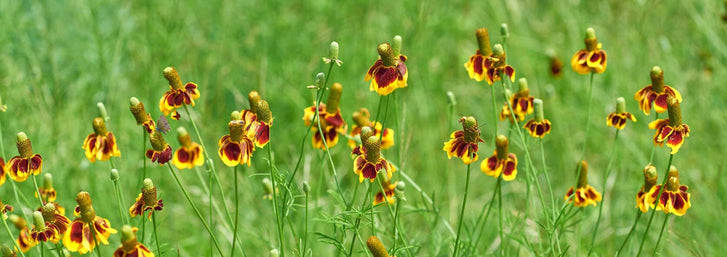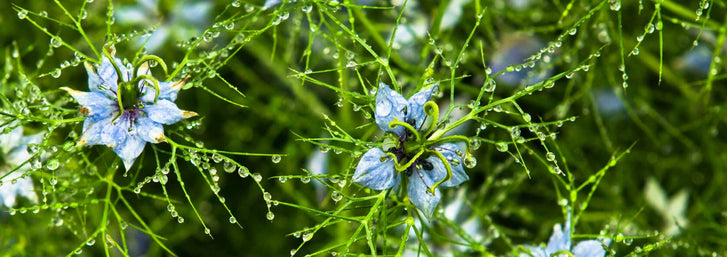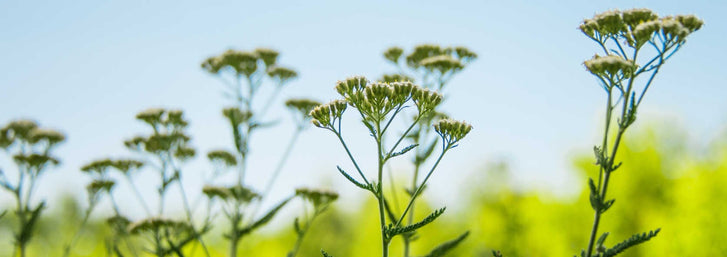
Jordan Freytag

No, there likely won’t be a seed apocalypse in 2020 and beyond, but, there will be a few challenges…
There definitely are some issues about the availability of some varieties of seeds in 2020, and possibly into 2021 that you should be aware of…
As you are likely aware, the demand for seeds of all kinds was way up in the spring of 2020, and demand is still far above normal. It is probably not an exaggeration to say that across the entire industry, more seeds were sold in March and April than the seed industry expected to sell for the whole year.
No one in the industry could have reasonably foreseen the spike in demand and consequently some varieties of seeds are now, or will be, in short supply. In addition, COVID related challenges caused some of our growers (especially international growers) to plant late, or to have missed planting altogether. This will likely put pressure on supply for a handful of varieties well into next year.

The bottom line: some varieties of seeds will probably be unavailable for a while, not just from True Leaf Market, but from any seed vendor. It is very important to understand that other varieties will be available. For example, based on what we are seeing we expect there to be a shortage of Detroit Dark Red Beet seeds at least into the autumn, if not beyond. However, we expect there will be plenty of beet seeds available in most other varieties. The same goes for Cherokee Purple Tomato seeds. We expect that variety to be extremely hard to find for a while, but we expect dozens and dozens of other varieties of tomato seeds will be available, with some varieties plentiful.
Another one of particular note is Black Oil Sunflower, which is one of our most popular microgreens seeds. We grow a majority of this crop in Italy, and between the COVID challenges Italy had, and subsequent delays in customs, we have been very short on black oil sunflower despite having tons of it held up in customs (which we fully expect to clear, just a question of when).
Those examples cited above are only a few examples of what will likely be dozens to hundreds of varieties that might be in short supply for a while.
We wanted to assure you that generally speaking, our inventory remains very strong overall, but we are beginning to see some difficulties in some varieties because of COVID supply chain-related challenges. We expect to have plenty of seeds available, in almost every type, just not in every variety. I.E. we carry over 100 varieties of tomato, and expect there to be supply challenges on 10 to 20% of those tomato varieties. Hopefully this understanding will give you both some peace of mind, and also some advance notice to build some flexibility into your growing plans. We plan on adding notes to every product page where varieties are out of stock to keep you informed. We will give you what info we have (if any) on when that variety will be back in stock, and more importantly cross-link to other varieties that are reasonable substitutes for the out of stock variety in question.
We can’t thank you enough for your business and hope you stay safe and healthy!
The True Leaf Market Team
Leave a comment
Your email address will not be published. Required fields are marked *
6 comments
Jerry M. Calhoun
Just wanted to know if all your seeds are grown in the good old u s a. and thanks for the past service,oh do you jet star tomato seeds I think that is the name of them ? Thanks Jerry c.
True Leaf Market
Probalby 80% of our seeds are grown in the USA or Canada. But we contract with growers all over the world.
Renold Hergenrother
Thank you for the update. Unfortunately, I fear that the next faze of this plandemic will be crippling financially. That being said although you may have adequate stock on hand consumers won’t be buying simply because the won’t have the money or credit. Hope I’m wrong!
Jack Fuller
Thanks for heads up. Gardeners should save seeds from plants they grow plus try several varieties of staples Important to them and save those seeds as well. My Dad tells the story of his parents feeding transients during the Great Depression and neighbors holding community dances where anyone could eat for free. Great grandparents grew 60 acres of fruits and vegetables back then. They provided meals when some people were desperate. We could see it again.
Matt Gosz
Thank you for the updates. The article was facts and straight to the point. Much appreciated.
Benjy Sheffield
Please add me to your blog email list. Thanks, Benjy
Further Reading

10 Natives of the Southwest USA for Pest Control
Written By Lara Wadsworth The Southwestern United States is a region incredibly unique to the rest of the country. The hot, dry weather can be challenging for plants and animals to thrive without additional help. That is why gardening with natives can ...

Ashleigh Smith
2024-04-157 min read0
Spring Into Action - Celebrating Earth Day
Written By Chelsea Hafer Spring is quickly arriving, and that means that Earth Day is near! Earth Day is the perfect occasion to appreciate our wonderful planet and all that it does for us and think of ways you can give back to it. In this blog post, w...

Ashleigh Smith
2024-04-154 min read0
Everything You Need To Know About Rain Gardens
Written By Lara Wadsworth Rain gardens are quickly gaining popularity for their perfect marriage of utility and beauty. What simply looks like a beautifully landscaped garden is actually a native habitat that serves as a storm drain and water sponge. B...

Ashleigh Smith
2024-04-085 min read1
Northeastern Natives for Attracting Beneficial Insects
Written By Lara Wadsworth The Northeastern United States is rich with American history, but did you also know that it is rich in plant biodiversity? Nature has learned through time how to work in harmony with the various species that attempt to thrive....

Ashleigh Smith
2024-04-086 min read1



